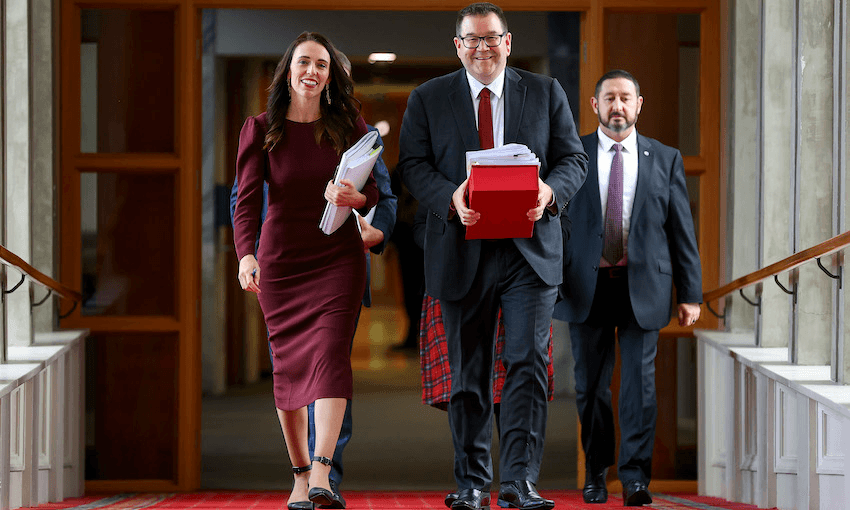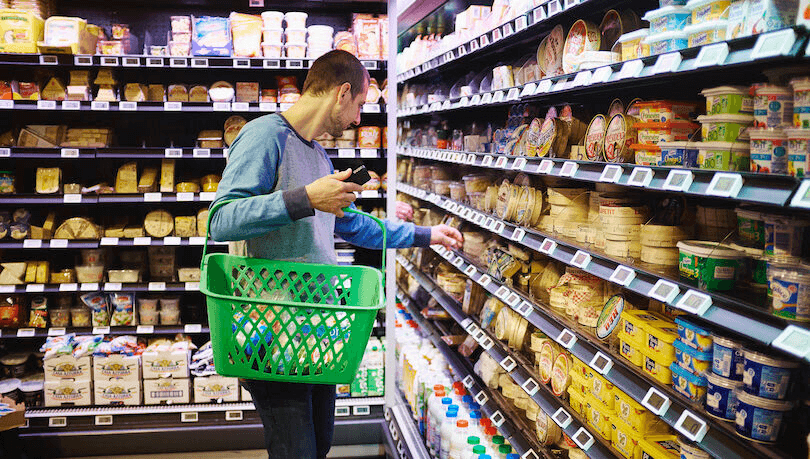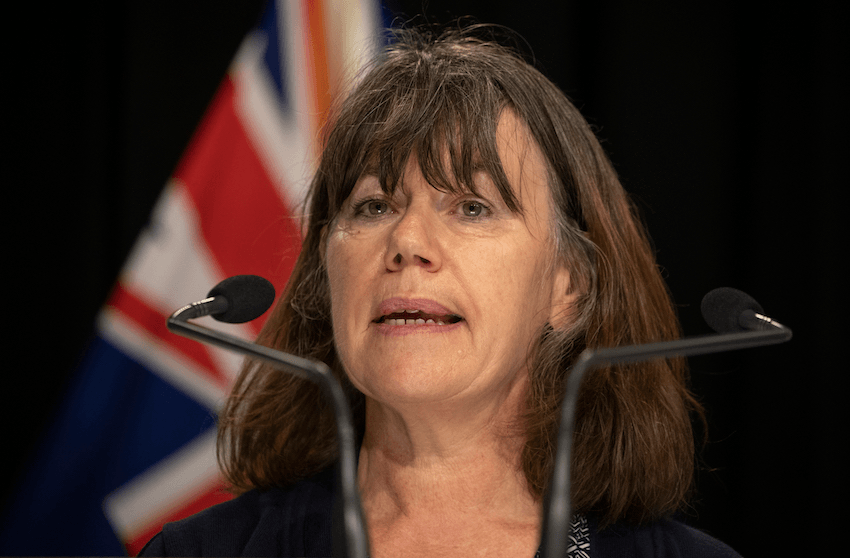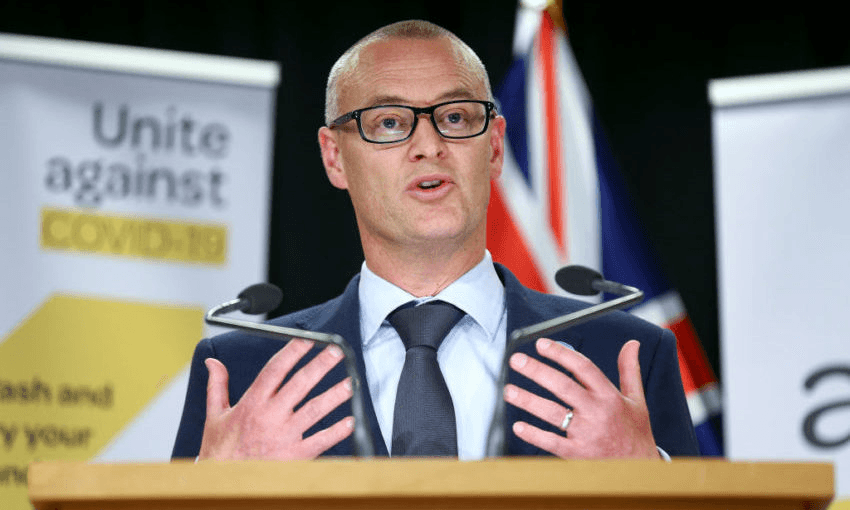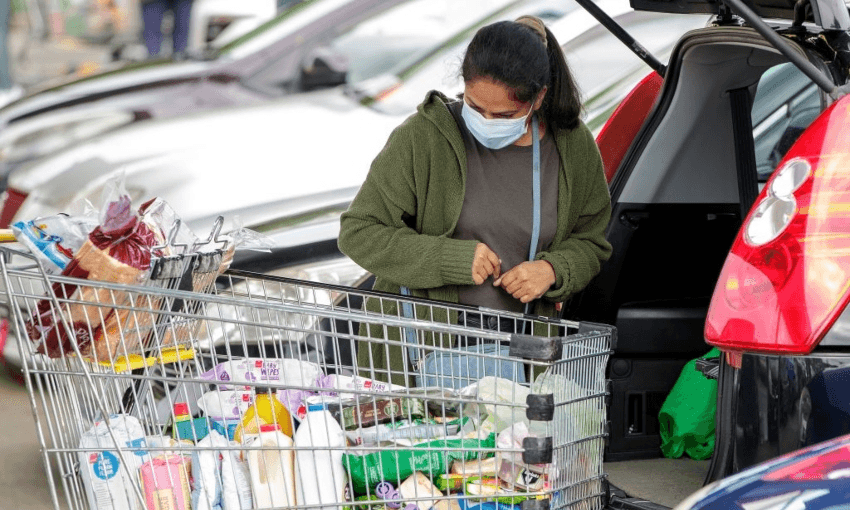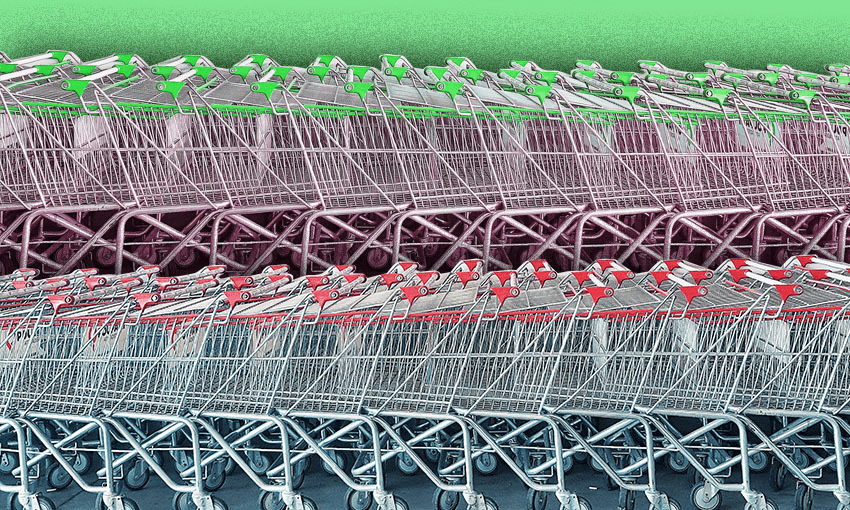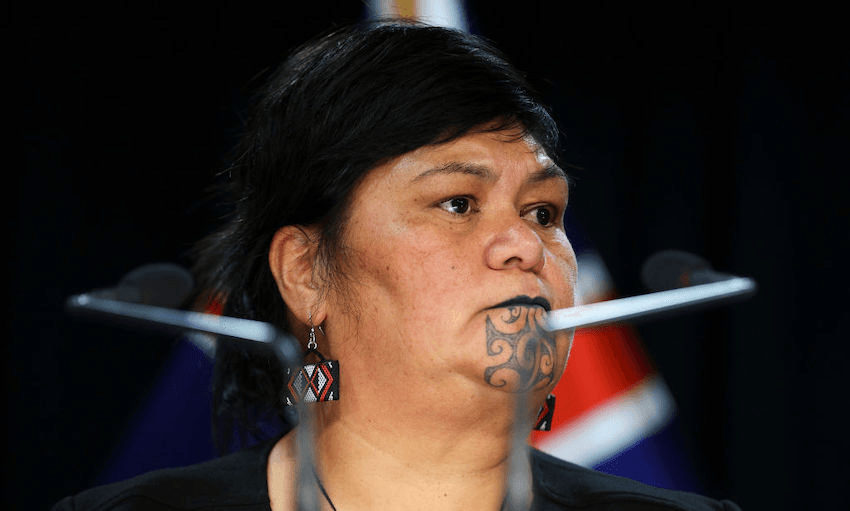There are now 757 people in hospital with Covid-19, with 16 in intensive care. The largest proportion of hospitalised cases continues to be spread across the three Auckland hospitals.
That figure of 757, which came direct from the Ministry of Health, is one more than the number given at today’s 1pm press briefing.
Hospitalisations are about the same as yesterday in Auckland City, slightly up in Waitematā and slightly down in Middlemore.
Meanwhile, daily community Covid cases have bounced back to a high of 23,894, with more than 9,000 of these in Auckland. Speaking at today’s 1pm press conference, director of public health Caroline McElnay said the actual infection numbers are likely to be much higher.
From March 1 to March 7, the seven day rolling average increased from 10,698 to 17,921, and over the same period, hospitalisations increased from 373 to 696. “These numbers clearly show that omicron is still spreading in our communities,” said the ministry. “We all need to continue to wear a mask, physical distance, and get tested where required to reduce the spread of the virus.”
Yesterday saw a record 43,735 rapid antigen test results from Aucklanders, added McElnay. That’s 25% higher than the previous high recorded last Monday. McElnay reminded people that self-reporting their rapid test result was incredibly important. Parents will, from later this week, be able to report children’s RAT results via My Covid Record. Parents currently have to report children’s RAT results to an 0800 number, and have faced lengthy delays.
McElnay said critical healthcare workers could now return to work earlier than usual, but only if it could be done safely and was needed to provide the service.
Over 10,000 booster doses were administered yesterday, bumping up the total boosters given out to 2,470,222.

